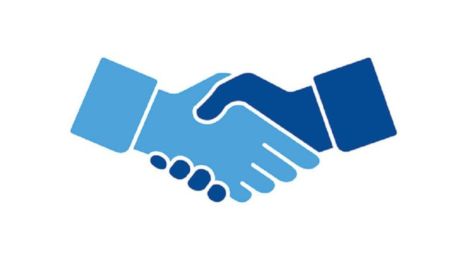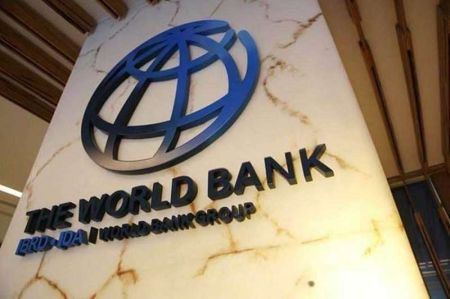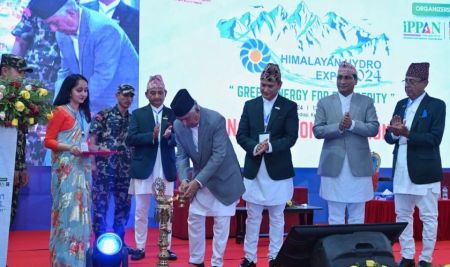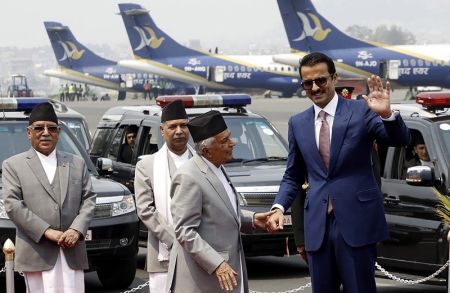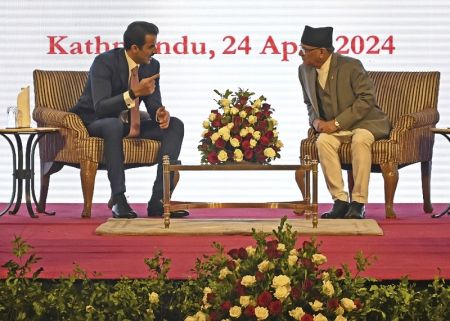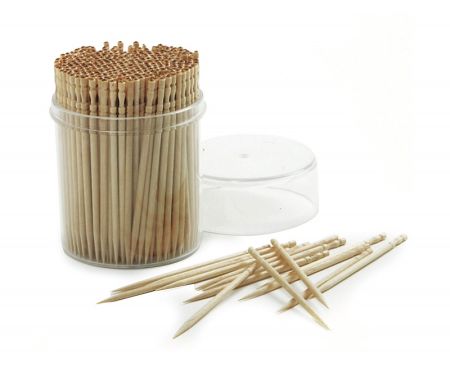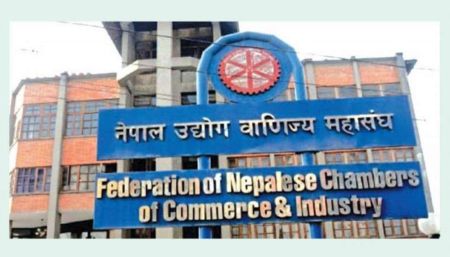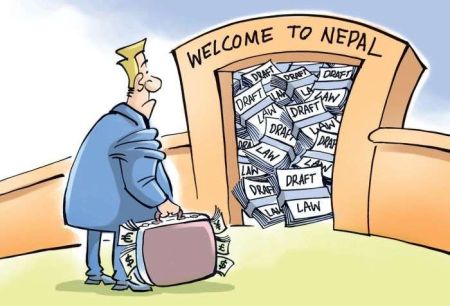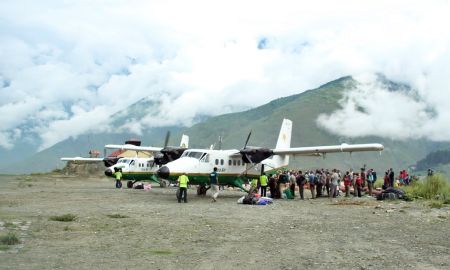September 6: Member countries of WHO South-East Asia Region committed to make essential medicines, vaccines, diagnostics and medical devices affordable and accessible to all, both within the region and beyond.
“Access to safe, effective and affordable medical products vital to prevent sufferings and impoverishment resulting from high out-of-pocket expenses on healthcare by families, especially the poor,” Dr Poonam Khetrapal Singh, regional director of WHO South-East Asia Region, said, as health ministers and officials of the 11 member countries including Nepal signed the ‘Delhi Declaration’ on September 4 to improve access to essential medical products.
The meeting of the member states observed that medical products are a major component of out-of-pocket health care spending which has pushed 65 million people into poverty in the WHO South-East Asia Region.
Though significant efforts have been made by countries in recent years, as improving access to essential medicines is a WHO flagship priority programme in the region since 2014, challenges remain in providing the right medical products at the right time to those in need.
To overcome such challenges, the Delhi Declaration calls for allocation of sufficient financial resources by countries, as part of overall health financing strategies, to reduce out-of-pocket payments of families on essential medicines.
The declaration calls for strengthening national policies, regulation, supply chain management, and capacity to leverage intellectual property and trade for public health, to improve access to medicines and vaccines.
Signing the declaration at the 71st Regional Committee Session of WHO South-East Asia Region, member countries committed to developing an effective, transparent and participatory mechanism for regional price negotiation and pooled procurement to ensure accessibility and affordability of essential medical products for life threatening and rare diseases.
The member countries also committed to strengthen regulatory cooperation and collaboration to improve availability, quality and safety of essential medical products through the South-East Asia Regulatory Network (SEARN).


